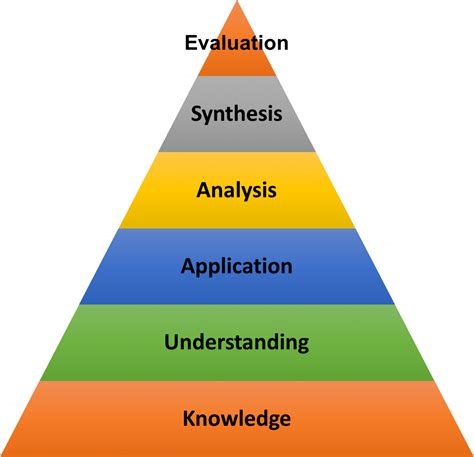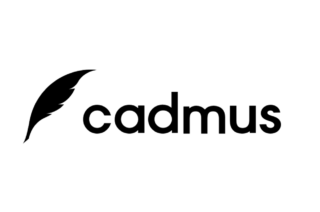Rethinking assessment: less information recall, more application

Throughout the COVID pandemic, no traditional examinations were held at the University because our campus was in lockdown. This led many to re-examine (no pun intended) the structure and implementation of assessment, to see if different ways of assessing what our students have learned offer advantages.
Open book exams can be viewed as a useful alternative to standard examinations, with the caveat that they are unsuitable for group work, and are more likely to be successful in assessing skills in application, analysis and evaluation rather than straightforward information recall. It is therefore ideal for assessing how your students are doing at the higher levels of Bloom’s Taxonomy.

One of the big issues around any form of assessment is how to deter plagiarism, collusion, or cheating. With standard open book exams taken in an examination hall, there is a risk that students may bring in “cheatsheets” unless you specify in advance the type of material students can use, and you can monitor the materials they are allowed to bring with them. The risk of cheating can be mitigated by setting questions carefully, introducing topical elements and ensuring that they are structured to allow the students to analyse, synthesise and apply their knowledge. This applies equally to online open book exams.
This blog from Michael Seery explains how the University of Edinburgh has implemented 48 hour online open book exams, where students are given sight of the questions and are allowed a maximum of 48 hours to complete and return their papers: Managing the Open Book Exam Process
The use of Socratic questioning in open book exams is key, both in suppressing the opportunity to plagiarise, and in encouraging the student to reflect on what they have learned and apply it.
An Australian institution, Open Colleges, came up with a list of thought-provoking questions which can be used as the basis of an open book exam, here: Socratic Questioning: 30 Thought-Provoking Questions to Ask Your Students
For a general overview of how open book exams fit into the array of other examination types, our colleagues at Manchester Metropolitan University have produced a useful guide, here: Types of assessment design


